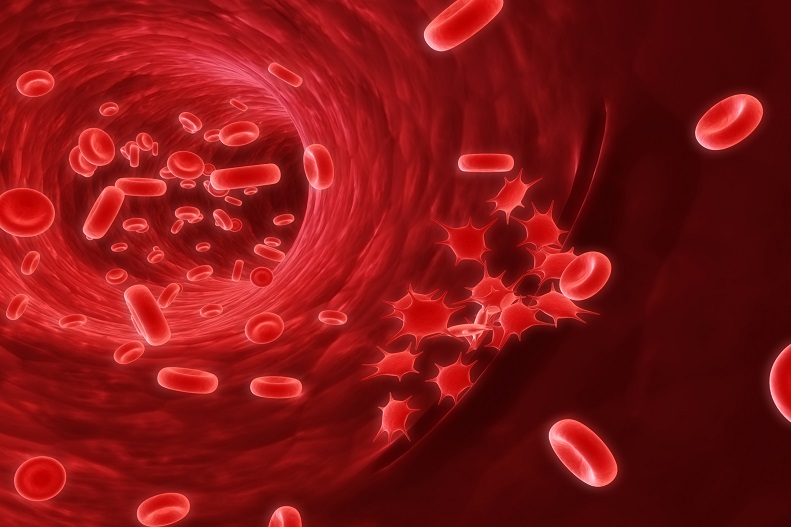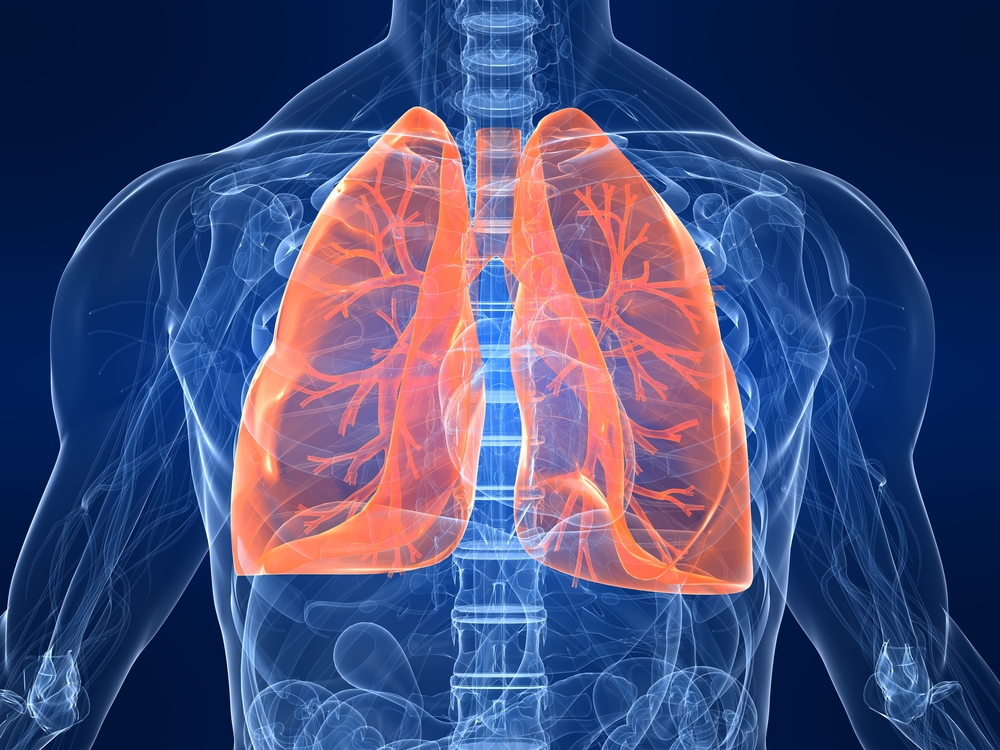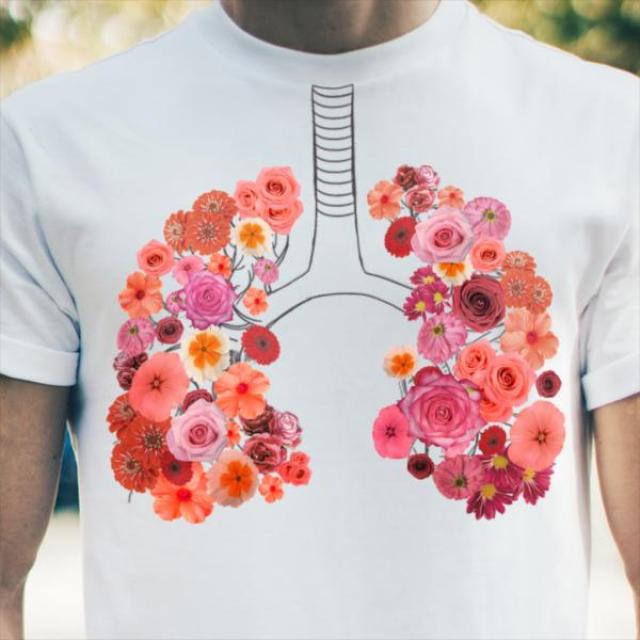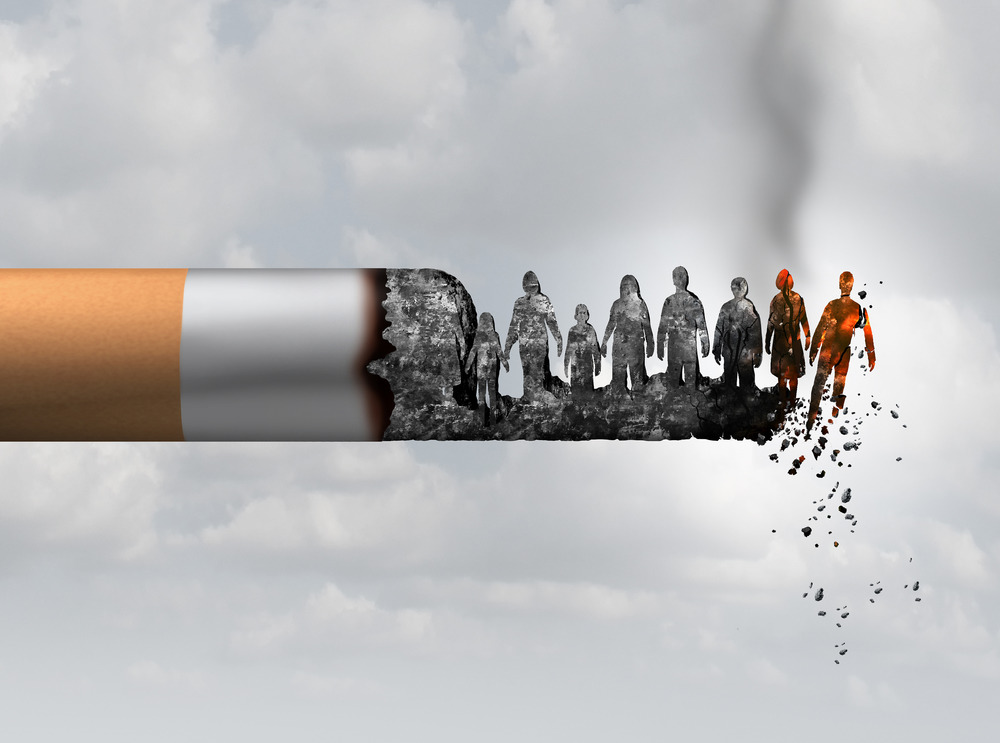
Blood

The nicotine and carbon monoxide from smoking may make your blood “sticky” and your arteries may become narrow. Narrow arteries reduce the flow of blood to your heart, muscles, and other body organs, making exercise harder. During exercise, blood flow helps boost oxygen supply to your muscles. If your muscles don’t get oxygen fast enough, your body can’t work as well.
Heart

Smoking increases your resting heart rate. Your resting heart rate is how many beats per minute your heart produces when you are not being active. When you smoke, this number is increased because of the extra work your heart has to do to keep your body going. Your heart rate could possibly rise to dangerous levels to perform the physical activities you’re asking your heart to do. A higher than normal resting heart rate can increase the risk of death.
Lungs

You’re able to exercise better when your lung capacity is good and your lungs work well. Smoking hurts your lung capacity. The tar in cigarette smoke coats your lungs and makes the air sacs less elastic. Smoking also produces phlegm that can make your lungs congested. Smoking even a few cigarettes a day can decrease your body’s ability to use oxygen effectively.
Use Exercise to Help You Quit
Exercise can be an important part of your plan to quit smoking. Exercise reduces cravings and helps you manage other withdrawal symptoms and reduce stress. Plus, when you quit, your heart rate will decrease, your blood circulation will increase, and your lung function will improve—making your workout performance better too.
Quit Notes

Fact: The cilia in your lungs are one of the first things in your body to heal when you quit smoking.


